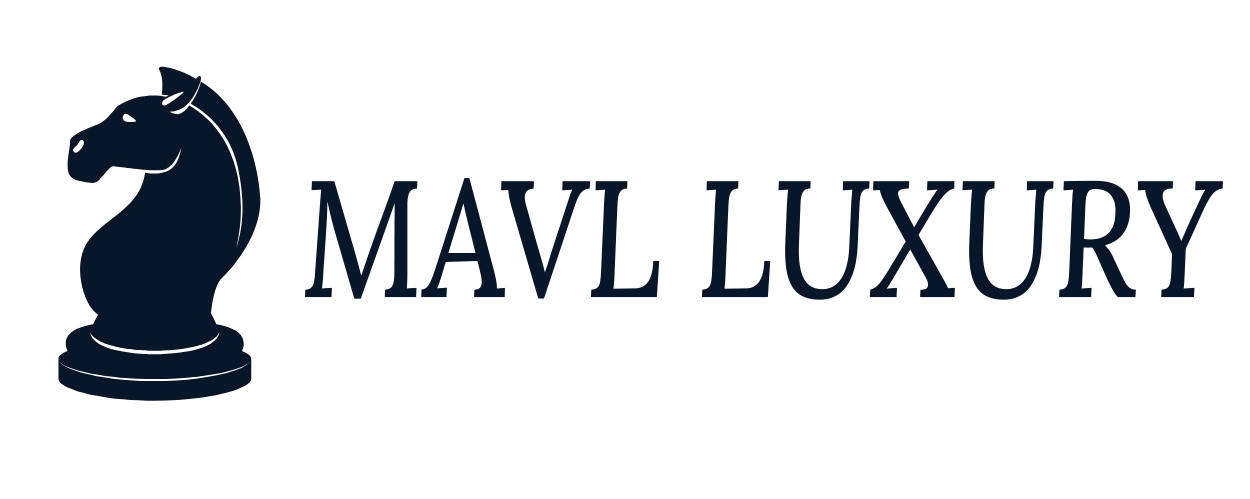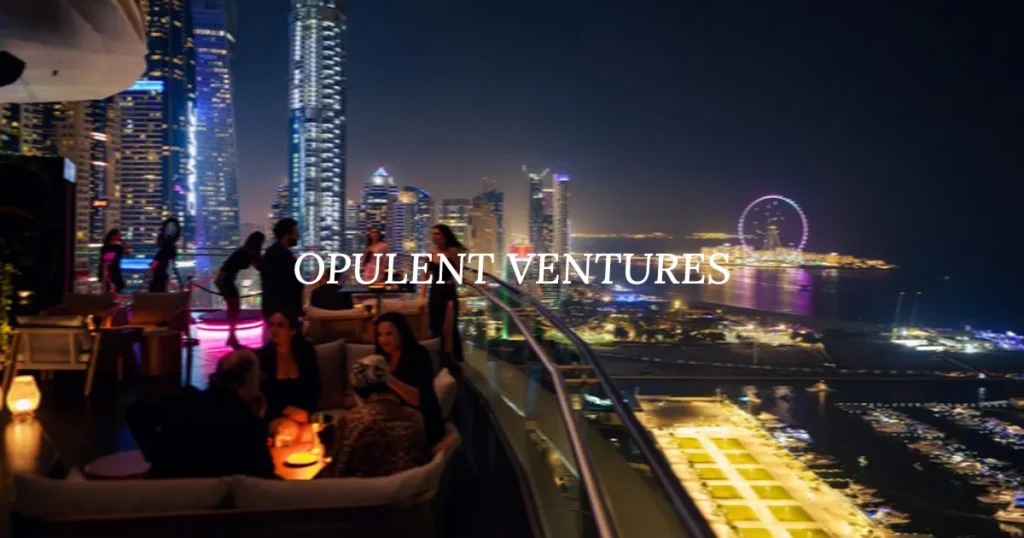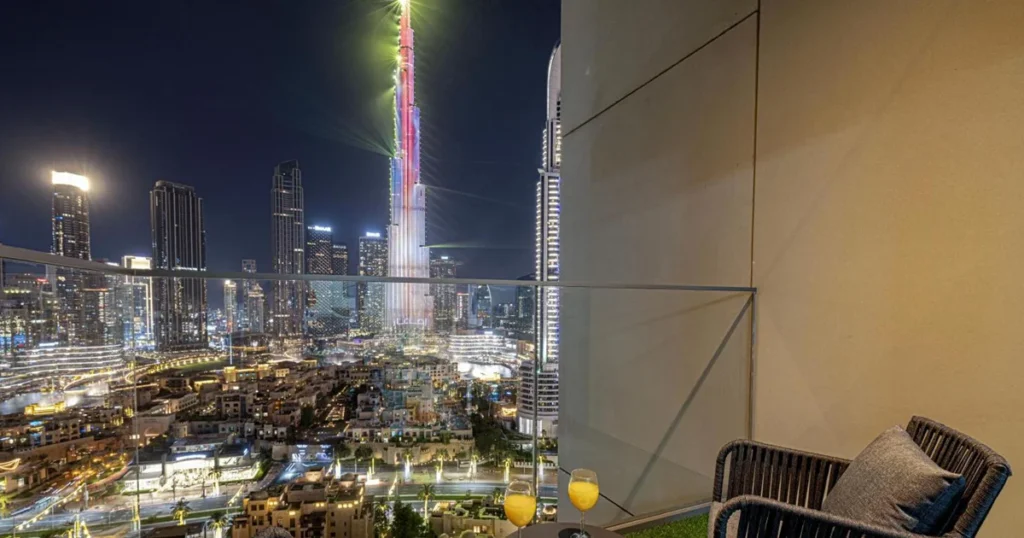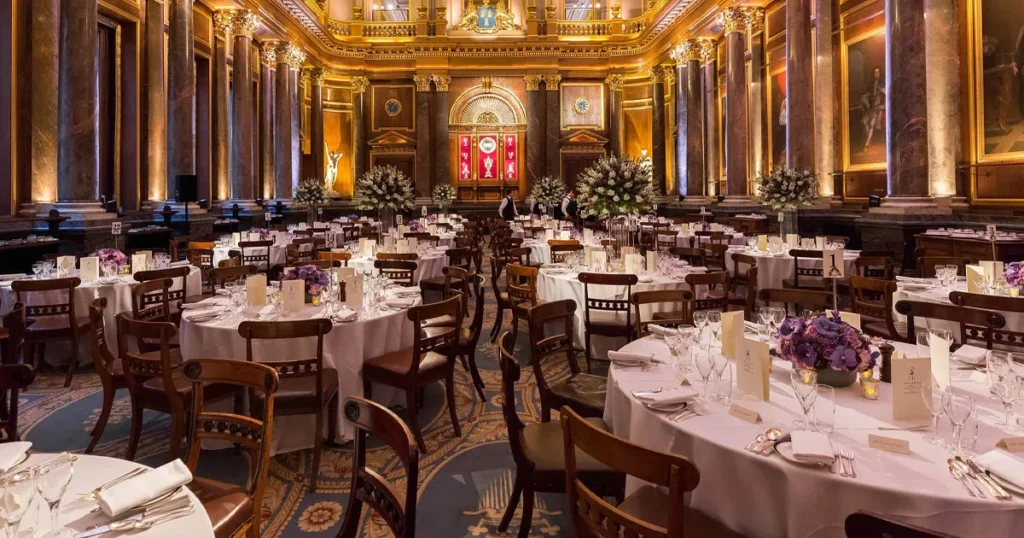The New Luxury Economy: 5 High-End Side Hustles Poised to Dominate 2025
The luxury market is undergoing a seismic shift no longer defined by opulent logos or static status symbols, but by hyper-personalized experiences fused with cutting-edge technology. Today’s affluent consumers demand more than mere ownership; they seek moments and innovations that reflect their unique identities and seamless lifestyles.
By 2025, this evolution will accelerate. Exclusivity, convenience, and groundbreaking innovation will reign supreme, reshaping how luxury is crafted and consumed. For entrepreneurs and creatives, this opens doors to niche opportunities that marry sophistication with digital transformation.
This new era calls for ventures that transcend traditional luxury, offering bespoke solutions tailored to the ambitions and appetites of tomorrow’s elite. Let’s explore how to capitalize on this revolution.
1. AI-Driven Personal Styling Services: Revolutionizing Luxury Personalization
1. Overview
AI-driven personal styling services leverage machine learning, computer vision, and predictive analytics to deliver hyper-personalized fashion, accessory, and home decor recommendations tailored to high-net-worth (HNW) clients. These platforms analyze vast datasets including individual preferences, body measurements, lifestyle habits, and even social media activity to curate bespoke looks or living spaces. For affluent clients who value exclusivity and convenience, AI stylists offer a seamless blend of luxury and technology, eliminating the need for time-consuming shopping trips while ensuring every recommendation aligns with their unique taste and identity.
2. Why Now?
- Tech Advancements : Breakthroughs in AI, such as generative design (e.g., creating custom outfits), natural language processing (NLP) for intuitive chatbots, and 3D virtual try-on tools, enable immersive, accurate styling experiences. Predictive analytics can forecast trends months in advance, ensuring clients stay ahead of the curve.
- Consumer Shifts : Post-pandemic, HNW individuals prioritize time efficiency and personalized service. A 2023 McKinsey report highlights that 70% of luxury consumers expect brands to anticipate their needs.
- Sustainability Demands : AI’s ability to optimize inventory and reduce waste (e.g., recommending pre-owned luxury items) aligns with growing eco-consciousness among affluent buyers.
3. How to Start
- Strategic Partnerships : Collaborate with luxury brands (e.g., Gucci, Hermès) and niche designers to secure exclusive inventory access. Offer data insights in exchange for preferential pricing or early access to collections.
- App Development : Build a sleek, intuitive app with:
- AI Chatbots : NLP-powered stylists offering 24/7 advice (e.g., “Find a cocktail dress for a Monaco gala”).
- Virtual Try-Ons : AR integration to visualize outfits or decor in real-time.
- Custom Profiles : Capture client data via quizzes, body scans, and style preferences.
- White-Glove Onboarding : Assign human stylists to refine AI recommendations, ensuring a hybrid touch that maintains luxury appeal.
- Data Security : Implement blockchain or zero-trust systems to protect sensitive client information a non-negotiable for HNW audiences.
4. Key Features
- Dynamic Wardrobe Management : Track existing items and suggest complementary pieces.
- Trend Forecasting : Alert clients to emerging styles aligned with their taste.
- Event-Specific Styling : Auto-generate looks for vacations, galas, or product launches.
- Home Decor Integration : Sync with smart home tech to style spaces based on mood or season.
5. Challenges & Considerations
- Algorithmic Bias : Ensure diverse training data to avoid style recommendations that favor certain body types or cultural aesthetics.
- Human-AI Balance : Maintain human oversight to handle complex requests (e.g., bespoke tailoring).
- Brand Resistance : Some luxury houses may hesitate to share inventory data; emphasize co-branded marketing opportunities.
Final Takeaway
AI-driven styling isn’t just a tool it’s a status symbol. For HNW clients, it’s about frictionless access to curated luxury that mirrors their identity. By marrying cutting-edge tech with the timeless appeal of exclusivity, brands can redefine modern opulence.
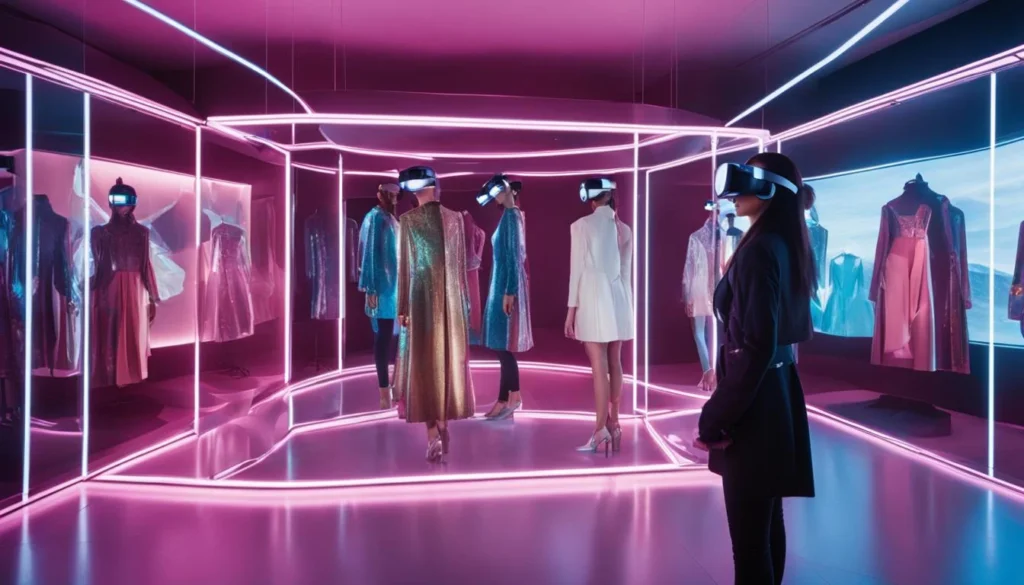
2. Curated VIP Travel Experiences: Redefining Luxury in a Post-Pandemic World
Overview
Curated VIP travel experiences represent the pinnacle of luxury travel, blending exclusivity, personalization, and adventure. These journeys go beyond five-star hotels and first-class flights, offering ultra-tailored itineraries that grant access to rare, off-the-grid opportunities. Think private island rentals, behind-the-scenes cultural immersions, and once-in-a-lifetime adventures designed to cater to the most discerning travelers. The goal is to create unforgettable moments that align with individual passions whether exploring hidden art collections with a curator, dining under the stars prepared by a Michelin-starred chef, or embarking on a wildlife safari led by renowned conservationists.
Why Now?
The post-pandemic era has catalyzed a surge in “revenge travel,” where affluent travelers are prioritizing transformative experiences over material indulgence. Key drivers include:
- Experiential Luxury : A shift from accumulating goods to investing in meaningful, story-worthy experiences.
- Privacy & Safety : Lingering health concerns and a desire for seclusion drive demand for private villas, chartered yachts, and remote destinations.
- Uniqueness : Discerning travelers seek brag-worthy moments, from sleeping in a transparent igloo under the Northern Lights to participating in a traditional tea ceremony with a Japanese master.
- Cultural Connection : Authenticity matters. Travelers crave immersive interactions, such as dining with local families or collaborating with indigenous artisans.
How to Start
Launching a curated VIP travel service requires strategic partnerships, creativity, and hyper-personalization:
- Collaborate with Niche Experts
Partner with luxury hotels, boutique travel agencies, and local guides to unlock exclusive access. For example:- Private Islands : Work with agencies like Private Islands Inc. to lease secluded properties.
- Cultural Access : Partner with museums or cultural institutions for after-hours tours or private performances (e.g., a solo violin recital in Vienna’s Musikverein).
- Elevate with Premium Add-Ons
Enhance trips with bespoke services:- Personal Photographer : Capture moments discreetly, delivering curated albums or films.
- Gourmet Experiences : Fly in a Michelin-starred chef for a private dinner in a Sahara Desert camp.
- Adventure Specialists : Arrange heli-skiing in Patagonia or deep-sea diving with marine biologists.
- Hyper-Personalization
Tailor every detail to the traveler’s interests:- A history buff might explore Egypt’s pyramids with an archaeologist, while an art lover could preview a Venice Biennale exhibit before it opens.
- Use pre-trip surveys or AI-driven tools to refine preferences, ensuring no detail is overlooked.
- Market Strategically
Target high-net-worth individuals through exclusive channels:- Partner with luxury brands (e.g., Rolex, Sotheby’s) for co-branded events.
- Leverage social media platforms like Instagram and LinkedIn to showcase envy-inducing visuals and testimonials.
Examples of Ultra-Exclusive Offerings
- Cultural Immersion : A private meeting with a Maasai elder in Kenya, followed by a traditional dance ceremony.
- Adventure : A helicopter tour of Antarctica’s untouched landscapes, ending with a gourmet picnic on an iceberg.
- Wellness : A week-long retreat in Bali with personalized yoga sessions, Ayurvedic treatments, and sunset meditation.
Curated VIP travel experiences are no longer a niche market they’re a response to evolving luxury traveler demands. By combining privacy, exclusivity, and hyper-personalization, providers can tap into the booming appetite for transformative journeys. Success lies in meticulous planning, strategic partnerships, and an unwavering focus on creating moments that transcend the ordinary. In a world where uniqueness is the ultimate luxury, the opportunities are as boundless as the destinations themselves.
3. Bespoke NFT Art & Digital Collectibles
Overview
Bespoke NFT art and digital collectibles represent the intersection of creativity, exclusivity, and blockchain technology. These are one-of-a-kind digital assets ranging from generative art and 3D animations to virtual fashion and interactive experiences created or commissioned specifically for collectors and crypto enthusiasts. Unlike mass-produced NFTs, bespoke pieces are tailored to reflect individual tastes, cultural relevance, or brand narratives, often accompanied by provable ownership and scarcity via blockchain. This niche appeals to those seeking digital luxury, investment opportunities, or unique self-expression in virtual spaces.
Why Now?
- NFTs as Status Symbols
In an increasingly digital world, NFTs have evolved beyond speculative assets to become markers of identity and prestige. Owning rare digital art or limited-edition collectibles signals sophistication and tech-savviness, mirroring the role of fine art or luxury goods in the physical realm. High-net-worth individuals and crypto-native audiences are driving demand for “flexible” assets that convey exclusivity in metaverses, social platforms, and virtual communities. - Phygital Ownership
The blending of physical and digital experiences (“phygital”) is reshaping consumer expectations. Collectors now seek tangible value tied to their digital purchases, such as redeemable physical artworks, access to real-world events, or augmented reality (AR) integrations. This hybrid model bridges the gap between the virtual and physical, appealing to traditional art patrons and tech-forward buyers alike. - Cultural Shifts & Tech Advancements
Blockchain infrastructure has matured, enabling smoother minting, trading, and interoperability of NFTs across platforms. Meanwhile, Gen Z and millennial investors prioritize digital-native assets, fueling collaborations between artists, brands, and Web3 innovators.
How to Start
- Collaborate with Artists & Brands
- Emerging Digital Artists : Partner with creators skilled in generative art, 3D modeling, or VR to craft unique pieces. Platforms like FxHash or Art Blocks can help identify talent.
- Luxury Brands : Align with fashion houses, watchmakers, or automakers to design “phygital” collectibles. Example: A virtual gown by a haute couture brand paired with a physical wearable accessory.
- Leverage Exclusivity
- Invite-Only Virtual Galleries : Host private exhibitions in metaverse spaces (e.g., Decentraland, Spatial) to showcase high-end NFTs. Offer early access or VIP perks to attendees.
- Limited Editions & Drops : Release timed or numbered collections to create urgency. Consider fractional ownership for ultra-high-value pieces.
- Build a Community
- Engage crypto enthusiasts via Discord or Telegram, offering behind-the-scenes content, artist AMAs, or voting rights on future projects.
- Use storytelling to highlight the cultural or emotional significance of each piece, appealing to both collectors and casual buyers.
- Adopt White-Label Solutions
For those without technical expertise, platforms like Mintbase or Zora provide no-code tools to mint and sell NFTs. Ensure compliance with environmental concerns by opting for energy-efficient blockchains (e.g., Polygon, Tezos). - Monetize Beyond Sales
- Royalties : Embed smart contracts to earn recurring revenue from secondary sales.
- Experiences : Bundle NFTs with exclusive perks, such as studio visits, metaverse meetups, or co-creation opportunities.
Example in Action
A luxury watch brand could collaborate with a digital artist to launch a series of 10 NFTs, each paired with a physical timepiece. Owners gain access to a private virtual clubhouse and annual phygital events. The NFTs double as tickets to a members-only auction for rare vintage watches, blending heritage and innovation.
By focusing on uniqueness, storytelling, and phygital utility, bespoke NFTs can captivate a growing audience hungry for digital ownership that transcends the screen.

4. Private Cybersecurity Concierge: A Bespoke Shield for the Affluent
Overview
A Private Cybersecurity Concierge offers hyper-personalized cybersecurity solutions tailored to high-net-worth individuals (HNWIs), safeguarding their digital footprints, smart homes, and valuable assets like cryptocurrencies, NFTs, and sensitive personal data. Unlike generic security services, this concierge model emphasizes white-glove service, combining technical expertise with discretion to address the unique risks faced by affluent clients.
Why Now?
- Surging Targeted Threats : HNWIs are prime targets for cybercriminals due to their wealth, public profiles, and digital exposure. High-profile ransomware attacks, identity theft, and crypto scams (e.g., the 2022 $100M Wintermute hack) underscore escalating risks.
- Privacy as a Luxury Commodity : In a hyper-connected world, privacy is the ultimate status symbol. HNWIs demand uncompromising protection for their smart homes, family offices, and digital transactions to avoid reputational damage and financial loss.
- Digital Asset Boom : With the rise of NFTs, DeFi, and blockchain investments, securing digital wallets and transactions has become critical. A 2023 Chainalysis report noted that crypto thefts exceeded $3.8 billion in 2022, highlighting urgent demand.
Services Offered
- Smart Home Security : Audits of IoT devices, biometric access controls, and network segmentation to protect against breaches.
- Digital Asset Protection : Secure crypto/NFT wallets, transaction monitoring, and recovery strategies.
- Identity & Reputation Shield : Dark web monitoring, social media scrubbing, and AI-driven impersonation detection.
- 24/7 Incident Response : Rapid breach containment and PR crisis management to preserve client anonymity.
- Education & Training : Customized workshops on phishing avoidance, secure communication tools, and travel cybersecurity (e.g., securing devices during high-profile events).
How to Start
- Build Expertise :
- Obtain certifications like Certified Ethical Hacker (CEH), CISSP, or OSCP to establish credibility.
- Specialize in emerging threats targeting luxury assets (e.g., yacht/helicopter IoT vulnerabilities).
- Strategic Partnerships :
- Collaborate with luxury brands (e.g., Rolls-Royce, Sotheby’s) to bundle security with purchases (e.g., a cybersecurity audit with a $5M smart home sale).
- Partner with private banks and family offices to integrate services into wealth management packages.
- Niche Market Penetration :
- Start with high-demand verticals like securing NFT transactions for art collectors or crypto investors.
- Offer free threat assessments to ultra-HNWIs via exclusive networks (e.g., concierge medical practices, luxury travel agencies).
- Leverage Trust Networks :
- Use testimonials from early clients (e.g., celebrities, CEOs) to build credibility.
- Host invite-only webinars with cybersecurity experts to educate potential clients on emerging risks.
As cyber threats grow more sophisticated, the Private Cybersecurity Concierge model represents a lucrative intersection of luxury service and digital resilience. By addressing the unique vulnerabilities of HNWIs with bespoke solutions, providers can carve a niche in a booming market—where peace of mind becomes the ultimate luxury. Early movers who blend technical prowess with elite networking will dominate this space, turning privacy into the ultimate status symbol for the digital age.
5. Hyper-Exclusive Wellness Retreats
Overview
Hyper-exclusive wellness retreats are ultra-luxurious, invite-only escapes designed for the global elite, offering transformative health experiences in remote, pristine locations such as the Swiss Alps, private islands, or desert sanctuaries. These retreats blend cutting-edge technology like AI-powered health diagnostics, genomic testing, and biofeedback tools with bespoke programs tailored to mental clarity, physical rejuvenation, and longevity. Services range from detox regimens and cryotherapy to mindfulness sessions guided by celebrity wellness experts. Exclusivity is paramount, with stringent guest lists, personalized itineraries, and ultra-private accommodations to cater to high-net-worth individuals seeking discretion and results.
Why Now?
The demand for hyper-exclusive wellness retreats is driven by several converging trends:
- Mental Health & Longevity Focus : Post-pandemic, elites prioritize mental resilience and lifespan extension, investing in biohacking, preventive care, and stress-reduction strategies.
- Craving Transformative Experiences : Generic spa trips no longer suffice. Affluent travelers seek life-changing outcomes, such as epigenetic resets or AI-curated wellness plans, that align with their unique biology.
- Tech-Driven Personalization : Advances in wearable tech, AI diagnostics, and precision nutrition enable hyper-customized care, appealing to data-driven elites accustomed to optimized lifestyles.
- Status-Driven Exclusivity : Invites to these retreats serve as a badge of prestige, fostering networking among like-minded high achievers in secluded, envy-inducing settings.
How to Start
- Forge Strategic Partnerships :
- Collaborate with wellness tech startups (e.g., companies specializing in AI diagnostics, wearable health monitors) to offer cutting-edge assessments.
- Engage celebrity trainers, nutritionists, or mindfulness gurus to amplify allure and credibility.
- Curate Ultra-Exclusive Access :
- Limit attendance to 10–20 guests per retreat, with vetting processes (e.g., referrals from existing members or luxury partners).
- Partner with luxury real estate agents, private jet companies, and concierge services to tap into existing networks of UHNW clients.
- Design Bespoke Experiences :
- Offer programs like “CEO Mindfulness Safaris” or “Longevity Bootcamps” with daily AI health tracking, personalized IV therapies, and private chef-prepared meals.
- Integrate local culture (e.g., Swiss alpine hikes paired with cryotherapy) to differentiate from generic retreats.
Challenges
- High Costs & Logistical Complexity : Remote locations require infrastructure investments (e.g., medical-grade facilities, luxury accommodations).
- Privacy Concerns : Ensuring discretion for high-profile guests, from encrypted health data to secure transportation.
- Expectation Management : Delivering on promises of “transformation” without overpromising, which could damage reputation.
Future Outlook
The hyper-exclusive wellness retreat market is poised for growth, with trends favoring:
- Integration of Emerging Tech : Virtual reality meditation, microbiome mapping, and AI-driven longevity coaching.
- Sustainable Luxury : Eco-conscious retreats in biodiverse locations, appealing to eco-aware elites.
- Ongoing Engagement : Post-retreat virtual follow-ups, subscription wellness plans, and alumni networks to maintain client loyalty.
By combining exclusivity, technology, and transformative results, these retreats are redefining luxury wellness catering to a clientele that views health as the ultimate status symbol.
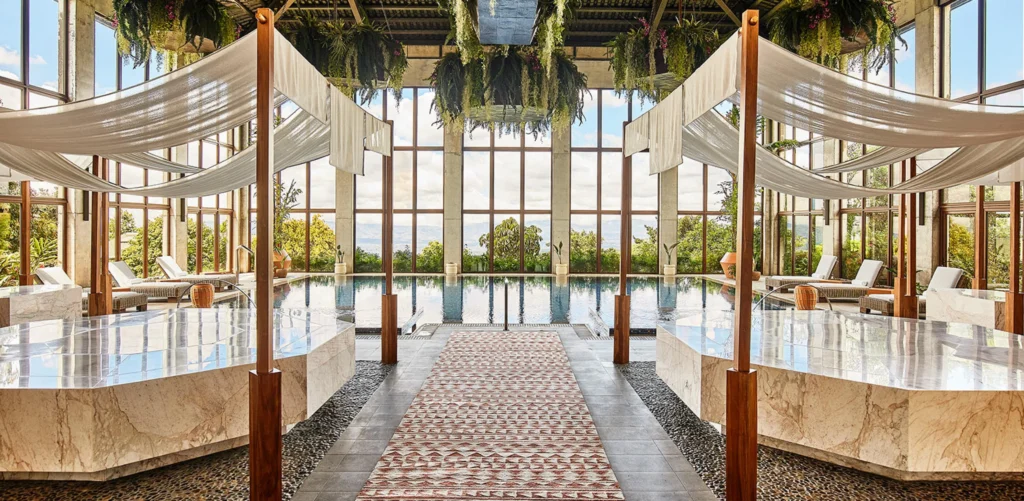
Conclusion
The future of luxury is being reshaped by the convergence of technology, exclusivity, and personalization. As we approach 2025, these pillars will define the industry’s evolution, blending innovation with bespoke experiences to meet the demands of discerning consumers. Cutting-edge advancements like AI, virtual reality, and blockchain will elevate customization, while exclusive, limited-access offerings will maintain the allure of rarity.
Entrepreneurs who act now to integrate these elements into their strategies can secure a competitive edge in this transformative market. By pioneering niches that prioritize hyper-personalized services, tech-driven exclusivity, and intimate client relationships, businesses can position themselves as leaders in the luxury economy of tomorrow. The window to innovate is narrowing those who seize these opportunities today will not only thrive but also set the standards for what luxury means in the digital age. The future belongs to the bold: act early, think creatively, and redefine opulence for a new era.
for more visit Mavlluxury
